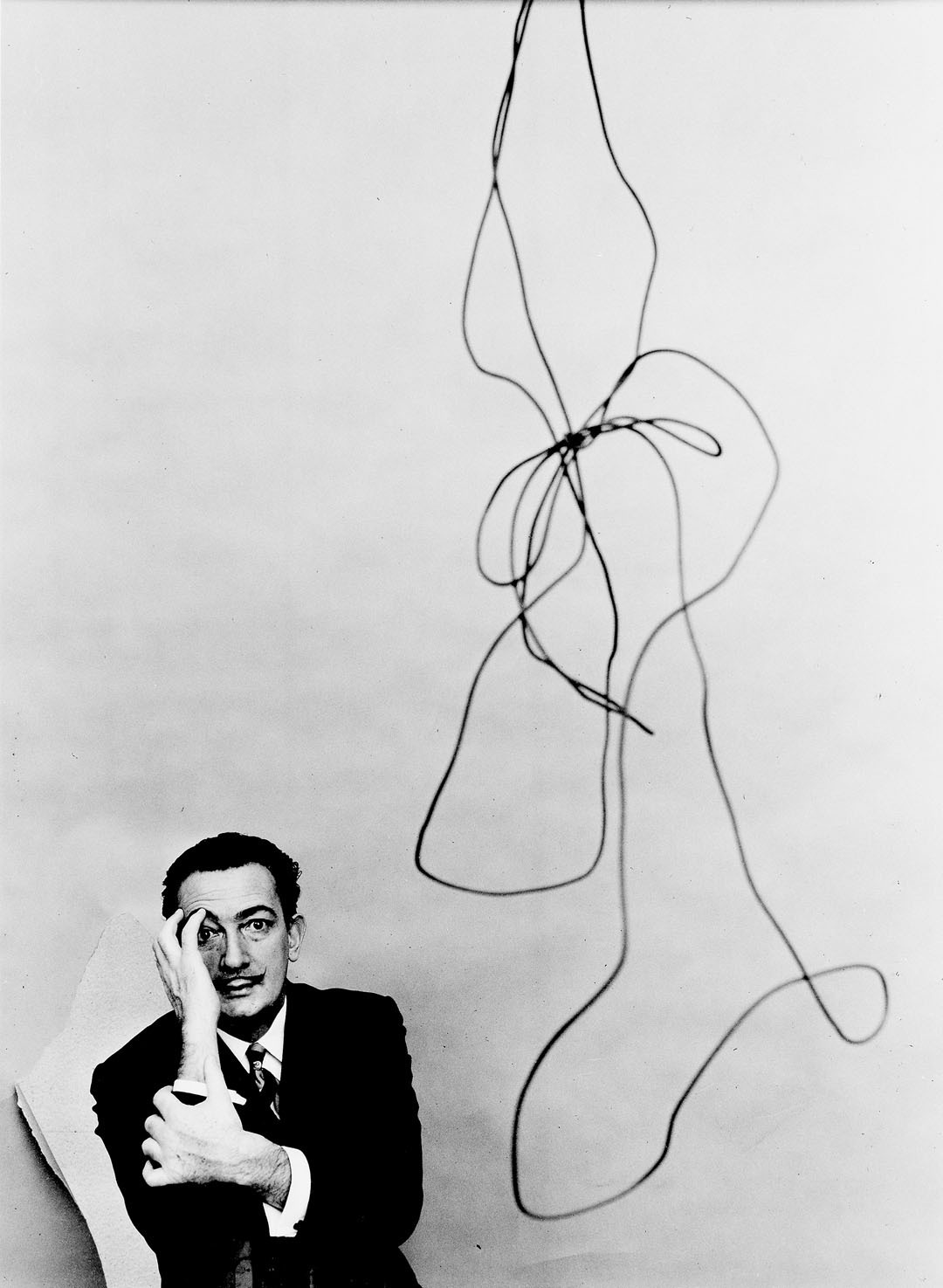One day, while practicing in virtuosity, the composer pushes his hourglass off the table and helplessly witness it cracking into pieces on the floor. For it has been a beautiful hourglass, admired by him and in the hand of many men before him, he pauses and funereally looks down at the shattered remains. While he stares at the pile of broken fragments, the sun generously lights up the huddle of glass and sand. Silently, the composer kneels and gently lifts up a tiny shard, while the sand runs through his hands and down the shiny surface of the broken glass. As if the crystalline sarcophagus had contained a secret knowledge, he realizes how wondrous this object must have been. The glass, he remembers, is just molten sand itself. The sand descents, in the ever-same unchangeable pace, along the surface made of its own kind. Charmed by the miraculous insight, the composer decides to see the glassblower and ask him to repair the hourglass. He gathers all remains of his accident in a handkerchief, diligently collects each and every grain of sand and brings it to the glassblower.
‘Can you fix my hourglass?’ he questions the glassblower. ‘Indeed, I can’ the glassblower replies with confidence. Then he holds and looks at the pile on the unfolded piece of cloth. ‘But not in the way it was before.’ He continues. ‘I cannot tell the difference between the fine shards of glass and the sand you brought me. I will have to melt it all together.’ He explains. ‘But I will fill it with new sand for you.’ The composer agrees and lets the glassblower do his work.
The next day, he comes to pick up the hourglass. The glassblower has done a magnificent work and hands the composer a new and shiny hourglass without any sign of imperfection. The composer is thrilled by the flawlessness renewal and rushes back home. Gently, he turns the hourglass upside down, and the sand begins to descent, silently, in the ever-same unchangeable pace, along the surface made of its own kind. He begins to practice. As the last grain of sand has dropped he finishes his routine. The composer realises something had changed. Suddenly, he is filled with faith. He is not worried about the hourglass to break again. For shall it break, there is no loss, since it can be formed again, not a single grain of sand will be lost, even more sand will be added. And even more, whenever it may break again and be formed again, from its remains, the hours it carries inside will be prolonged time after time.
(c) FaSt




